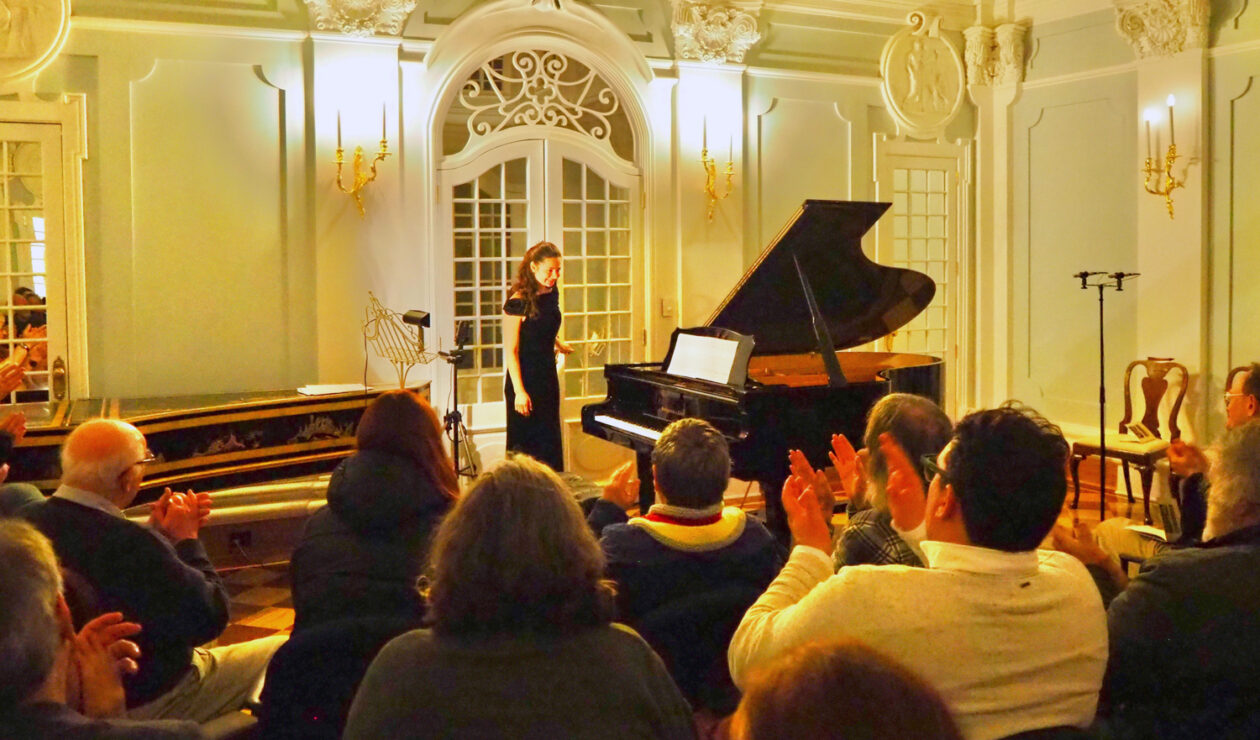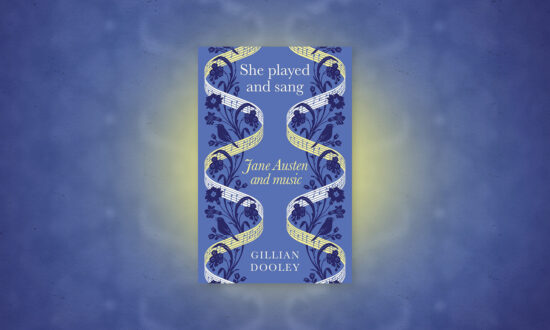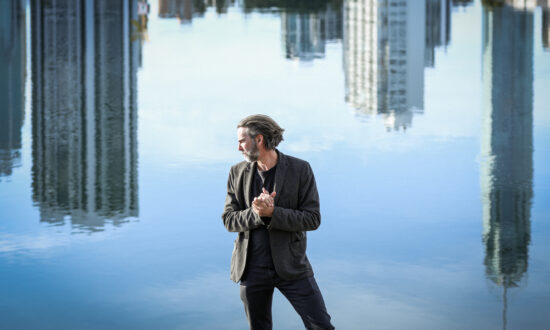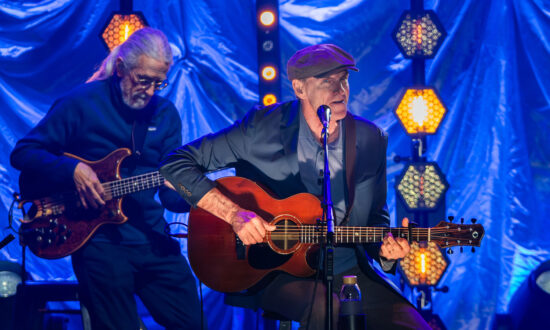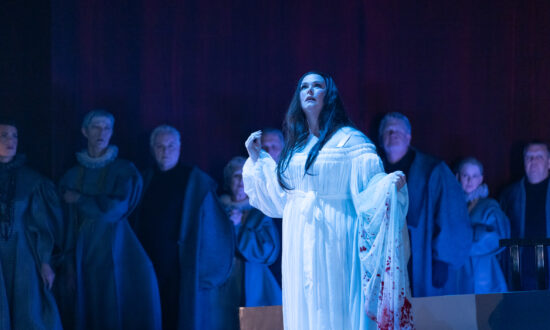It once used to be that “new music” concerts were boldly experimental affairs, with composers on a mission to challenge (and taunt) audiences with anything beyond the familiar or remotely connected with tradition. What invigorating experiences they were – though the music itself often made you want to duck for cover.
My goodness how times have changed. Out of the nebulous, directionless post-avant-garde scene of the 1990s emerged The Firm, a distinctive Adelaide composer outfit that have made it their business to chart a 180-degree in contemporary art music. Led by Quentin (Quincy) Grant and Raymond Chapman Smith, they characteristically embrace the mellow, reassuring hues of 19th-century romantic piano music, chamber music and Lied in a hope that this will be composition’s future.
After quietly plying their craft for years, The Firm have declared their colours even more openly by relocating to the North Adelaide Baroque Hall (having mainly used Pilgrim Church and Elder Hall in the past). In this “new” venue, their transformation is complete: inside this remarkable replica of an ornate European rococo chamber they presented a salon concert such as Robert Schumann or Johannes Brahms would have recognised it.
One really needs to set foot inside to appreciate what this Baroque Hall is all about, but suffice to say it is just as perfect a home for gut strings and harpsichords as it is for the kind of music The Firm produces.
Marianna Grynchuk was their first performer for 2023 in a concert entitled The Fantasie. A marvellous Adelaide pianist making her return after many years in Switzerland, she is in truth more accustomed to playing standard repertoire than new music. But so much the better, considering what she was asked to play: recent pieces by Grant and Chapman Smith, along with others by Ukrainian composer Valentyn Silvestrov and Baroque Hall’s designer and owner, Julian Cochran.
In their subtly different ways, all these pieces were echoes of a distant past, eerily so given that they come from the 21st century.
Every sunrise by Grant was unique among them in suggesting visual imagery and states of moods as Romantic poetry might. Its six “scenes” each generated a different imaginative picture through their closely formed repeating rhythms. It sounded like a freed-up reinterpretation of minimalism (think: Glass, Reich) but enriched by warm harmonies and finishing affirmatively with a simple old-fashioned major chord.
Grynchuk played this lovely work with unaffected grace; and the piano itself sounded well: pearly and even in tone but for a somewhat recessed bass register.
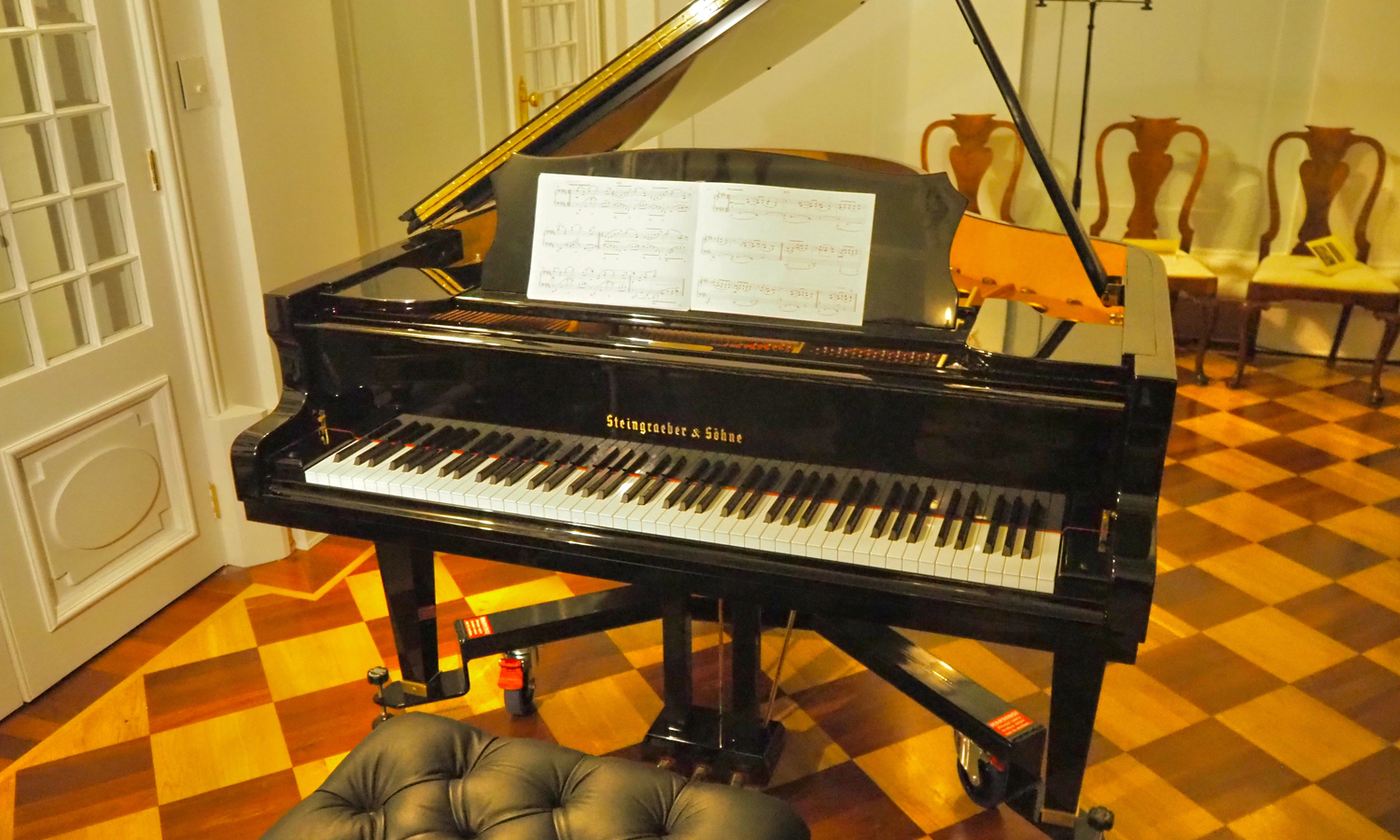
Chapman Smith travels on a different but parallel path, whereby he invokes the great Romantic and pre-modern masters by incorporating signposts in their music inside his own epigrammatic designs. It is as if Beethoven, Schubert, Schumann and Brahms magically reappear, but in a ghostly, spectral way.
Bergseeklavier Teil I is a case in point. This 14-movement album piece sounds Brahmsian in its resonant chordal sonorities and roaming melodic phraseology; and its harmonic progression is sometimes reminiscent of Schubert. At times you hear also Chopin, and even a theme from Richard Strauss’s Eine Alpensinfonie materialises – the lush string melody “On Flowering Meadows”. These references are all there to admire but are frozen in time and tinged with nostalgia, particularly with the sensitivity and understanding that Grynchuk was able to bring.
With Cochran’s Fantasia No. 7 – Sul Settimo it was as if all three composers had converged on the same ground. He, too, shares in a back-to-the-future vision, the difference being that this ex-Adelaide composer takes on more of the overtly emotional directness of Romantics such as Chopin. A concert pianist himself, he knows all about their grand rhetorical style and is able to recreate it in his own compositions. At the same time, this proved an alluringly lavish but mysterious piece of its own. Grynchuk, clearly an exponent of big pianism, seized on it commandingly.
What a glorious confection this concert was turning out to be. A real surprise came, though, with Silvestrov’s Zwei Dialoge mit Nachwort. Here again allusions to Chopin but accompanied by experimental effects as well. Later in this piece, the pianist is required to reach inside the piano to pluck low notes: this came as a bizarre, incongruous shock, but a reminder that modernism has not yet been completely outlawed.
For much of this concert, one felt caught in a timewarp – intriguing but disturbing. It all came to a head in the last item, Liszt’s Après une lecture du Dante: Fantasia quasi Sonata (“Dante Sonata”), one of the piano repertoire’s most thunderous and titanic creations. The piece itself has one utterly in its thrall if played well, and Grynchuk delivered all its glories with sensational technique and fully magnified expression. She is a true Lisztian, and a pianist Adelaide must hear again on future occasions.

Get InReview in your inbox – free each Saturday. Local arts and culture – covered.
Thanks for signing up to the InReview newsletter.
One might have imagined the Baroque Hall would be barely big enough to cope with Liszt’s extremes of dynamics, but it did. But it also made you question which century we are living in. Such, perhaps, is the novelty of new music concerts these days.
Marianna Grynchuk performed at North Adelaide Baroque Hall on July 24. Details of other performances scheduled for The Firm’s 2023 season can be found here.
Support local arts journalism
Your support will help us continue the important work of InReview in publishing free professional journalism that celebrates, interrogates and amplifies arts and culture in South Australia.
Donate Here
